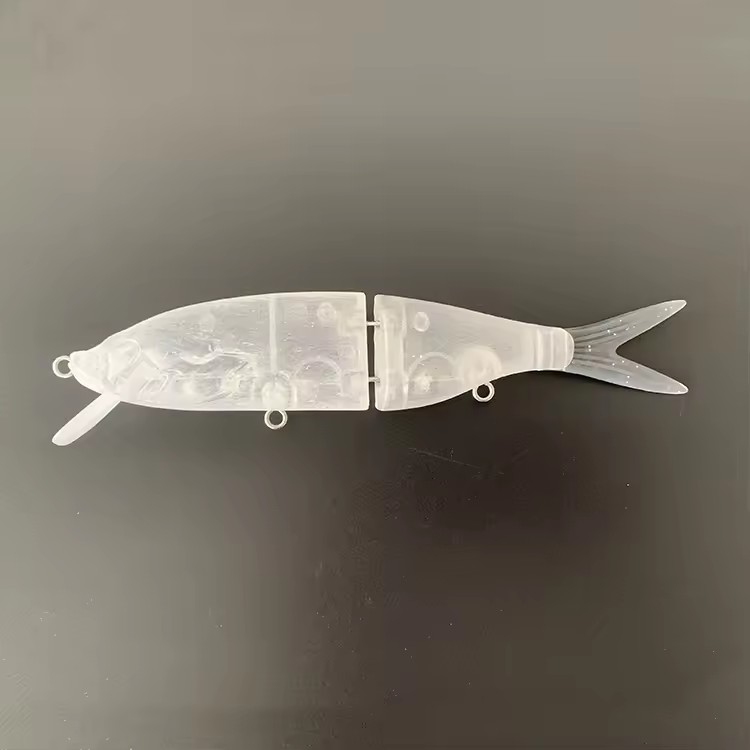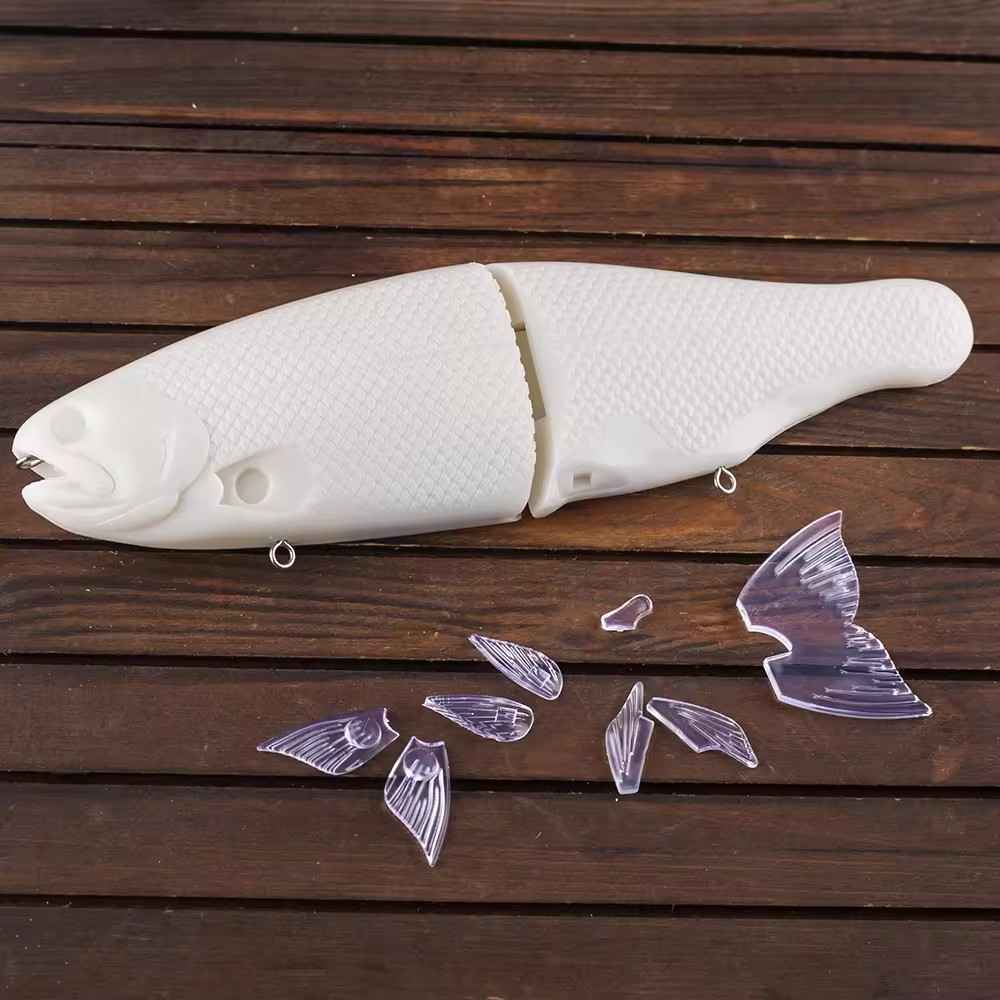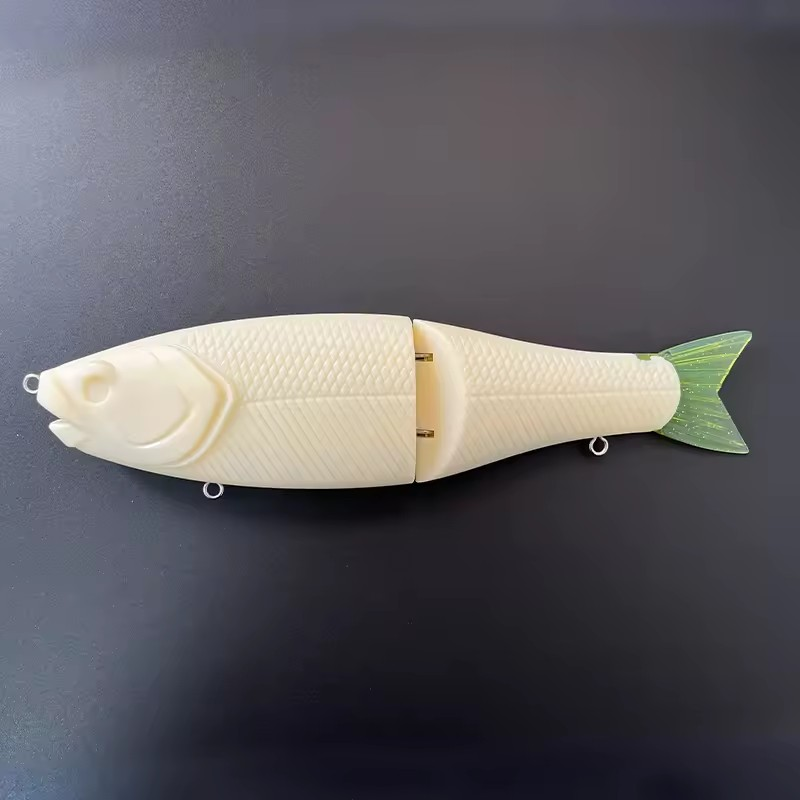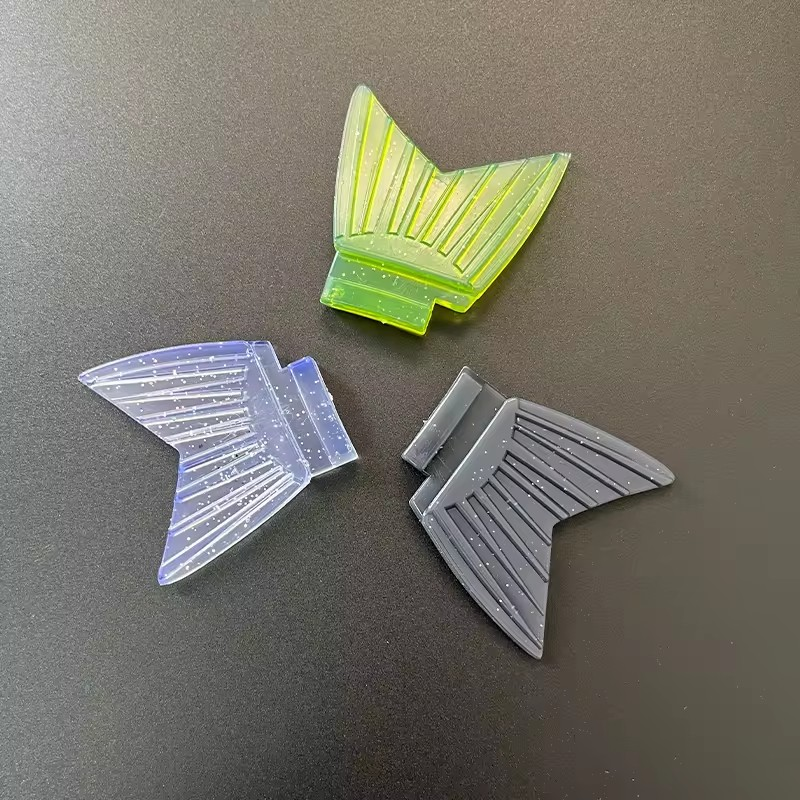Table of Contents
Introduction to how to fish a glide bait
Glider baits are one of the most effective lures for catching big bass. Its realistic swimming movements and ability to mimic the natural movements of prey make it popular with anglers. This comprehensive guide will cover most of what you need to know about glider fishing, from choosing the right glider to mastering a variety of bait picking techniques.
Gliding bait is a hard body bait that presents a huge sweeping motion in the water. Gliding baits are designed to resemble the natural swimming movements of bait fish, making them attractive to carnivorous fish such as bass. Gliding lures come in a variety of sizes, shapes and colors, and anglers can choose according to local bait and conditions.
Choose the right bait
Size and shape
When choosing glide bait, consider the size and shape of the local bait fish. Larger baits are generally more effective against large bass, while smaller baits attract more fish. The shape of the bait should also mimic the natural prey in the area.
Colors and patterns
Color is crucial to the choice of glider bait. Clear waters require natural colors similar to local bait, while muddy or cloudy waters may require more vibrant colors to attract attention. Patterns that mimic real fish scales and markings can also improve the effectiveness of the bait.
Materials and manufacturing quality
High quality gliding baits are usually made of durable materials such as hard plastic or wood. These materials ensure that the bait remains swimming and can withstand repeated attacks by aggressive bass. Choose a bait with a strong structure and a solid hook.




Essential equipment for gliding bait fishing
Fishing rod and reel
A medium to heavy rod with a fast acting tip is ideal for glider fishing. This rod has the power needed to cast large lures and catch large bass. Coupled with a large-capacity bait reel with a smooth resistance system, you can fight with the fish.
Line selection
Braided line or heavy duty fluorocarbon line is recommended. Braided wire has excellent strength and sensitivity, while fluorocarbon wire has underwater concealment and wear resistance. Choose lines with a test strength of at least 15-20 pounds.
End tackle
Use a strong, sharp hook that can penetrate the hard mouth of a bass. The quality of the splice ring and swivel ring should be high to prevent accidents during the casting and take-up process.
Hang glider bait skills
Basic take-up
The basic take-in method involves taking in the line steadily and slowly, allowing the bait to move naturally. This technique works well in clear waters where bass can see bait from a distance. Keep the rod tip down and draw in slowly to keep the bait’s natural glide.
stop-go
Stop-and-go fishing mimics an injured bait fish. Pull the bait into the line and pause for a few seconds before starting. This sudden pause can trigger a reactive attack from the bass, which will follow with a violent attack.
Twitch and pause
Add quick, jerky jerks during the pull to make the bait jump and stop very quickly. This irregular action can simulate the appearance of frightened fish, inducing the bass to attack. Vary the length and force of the twitch to see how the fish responds.
Quick take-up
A quick draw encourages active bass to strike. This technique is especially effective in warm water, when the bass are more likely to chase prey. Draw in the line quickly and steadily, keeping the bait below the surface.
The best conditions for gliding bait fishing
Clear water quality
Glider baits are most effective in clear to moderately dirty water. In clear conditions, bass can track and ambush them, so their lifelike movements come out best. When using glider baits in very cloudy waters it is recommended to use brightly coloured baits to ensure they attract fish.
Weather and seasonal patterns
Spring and fall are prime seasons for glider fishing, as bass are actively foraging in preparation for spawning or wintering. Cloudy days with breezes are also perfect for this, as they reduce the penetration of light and make it easier for bass to strike.
Time of day
Early morning and late evening are usually the best times to go gliding bait. During low-light hours, bass are more active and willing to chase prey.
Tips for maximum success with glider baits
Determine the best position
Focus on areas with structure, such as vegetation under water and areas with shelter. These places can both provide cover for bass and serve as ambush points for bass to feed on.
Adjust your skills for different situations
Flexible use of bait skills. If one method doesn’t work, try another. Pay attention to the bass ‘reaction and adjust accordingly.
Common mistakes to avoid
Excessive movement
Do not allow the bait to twitch and shake too much. Let the natural movements of the bait do their work, adding subtle movements only when necessary.
Using the wrong equipment
Make sure you have the right rod, reel, and line to catch glider bait. Using too light gear can result in lost fish and damaged tackle.
Ignoring environmental factors
Pay attention to water clarity, temperature, and weather conditions. Adjust your technique and bait selection based on these factors to increase your chances of success.
Summary
Gliding bait fishing is a very interesting experience, especially when fishing for big bass. By choosing the right bait, using the proper gear, and mastering a variety of fishing techniques, you can maximize your chances of catching a big fish. Remember to observe the situation, adjust your approach as needed, and be patient. Happy fishing.
We are a Chinese fishing tackle manufacturer with 18 years of experience, we are able to meet any of your fishing and tackle sourcing and customization needs, please feel free to contact us! Please submit the form and our team will contact you shortly!
